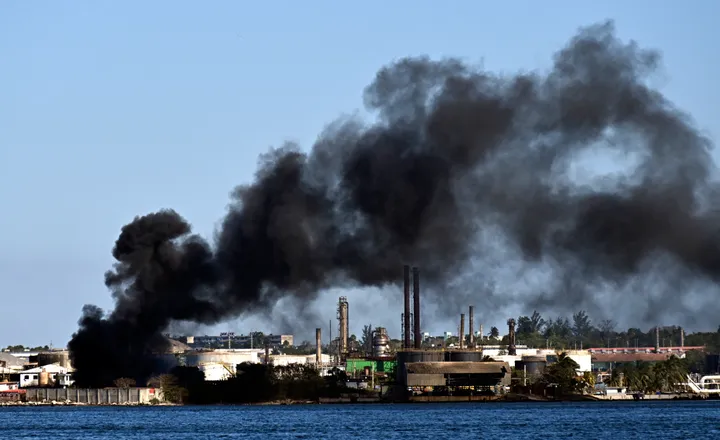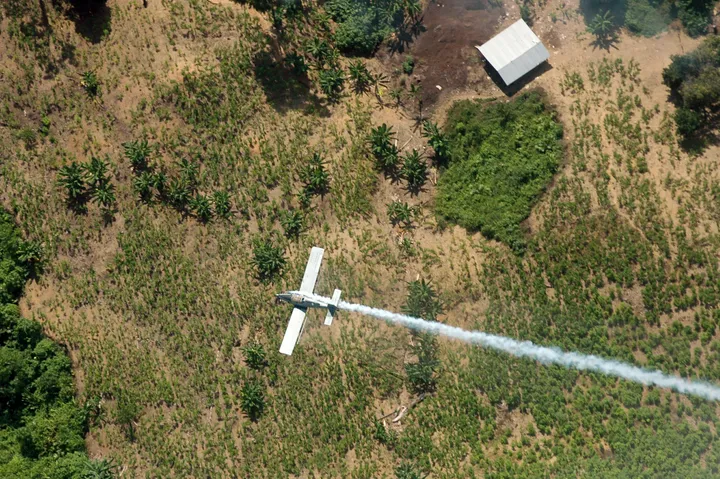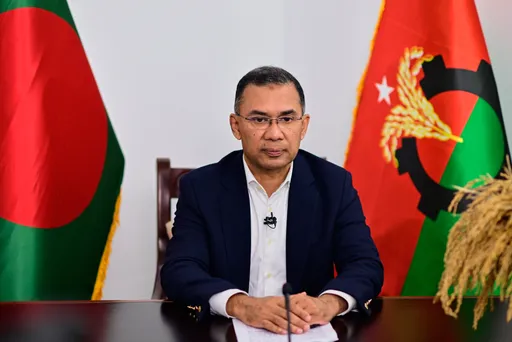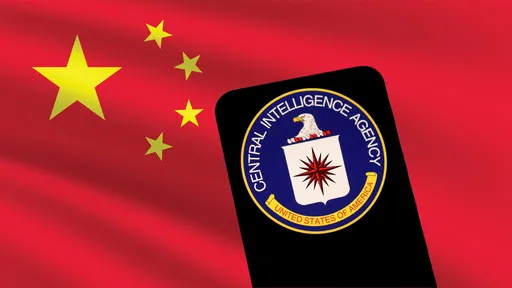Türkiye-mediated “historic reconciliation” between Somalia and Ethiopia is a groundbreaking development in conflict management, distinguishing Ankara’s diplomacy and foreign policy outlook from global powers like the US, China and the European Union, experts say.
“The US and EU have primarily focused on counter-terrorism and migration management in the region. China has prioritised economic investments and infrastructure development under the Belt and Road Initiative,” says Dr Kaan Devecioglu, who serves as coordinator for North African Studies at the Ankara-based think tank ORSAM.
Devecioglu tells TRT World that major powers like the US, European Union and China played only a limited role in resolving this issue because of different priorities, reducing their role to a disinterested bystander.
As a result, the Somalia-Ethiopia conflict did not rank high on the list of their strategic interests.
Except for Türkiye, Devecioglu says the powers like the US and China failed to navigate the historical and ethnic complexities of the conflict, often looking at the region through a partisan lens, increasing the risk of entanglement in regional rivalries.
“Türkiye’s approach to African diplomacy, which combines historical ties, cultural proximity and balanced mediation has distinguished it from global powers. It filled a vacuum left by the relative disengagement of other major actors,” he notes.
Culminating on December 11, the Ankara Declaration over the breakaway Somaliland region has been hailed by geopolitical experts as a path forward to restore stability in the Horn of Africa, a large peninsula situated on the easternmost part of the African mainland.
“For Africa, the Ankara Declaration showcases the potential of intra-continental solidarity with a trusted external mediation. For Ethiopia and Somalia, it represents a vital framework and pathway towards de-escalation and economic cooperation,” says Nuur Mohamud Sheekh, a London-based foreign affairs expert who previously served at the Intergovernmental Authority on Development (IGAD), an eight-country trade bloc in Africa.
The Somalian president and the Ethiopian premier were in Ankara for a joint press conference where Turkish President Recep Tayyip Erdogan announced the establishment of a “solid foundation for cooperation” between the two countries based on mutual respect for territorial integrity.
“Türkiye is increasingly seen as a credible and trusted partner not only in Africa but also globally. This is complemented by Türkiye’s investments in Africa and developmental cooperation,” Sheekh tells TRT World.
Reason for the rift between Ethiopia and Somalia
The breakaway region of Somaliland has been at the centre of the rift between the two East African nations.
Even though it seceded from Somalia in 1991, Somaliland is recognised by neither the African Union nor the UN as an independent state.
Regional tensions erupted when Ethiopia, which is to the south and west of Somaliland, signed a deal with the breakaway region on January 1 to use its Red Sea port of Berbera.
The deal was important for landlocked Ethiopia because it gave it direct access to the Red Sea for the first time since the early 1990s. Ethiopia lost the ability to conduct maritime trade when Eritrea seceded more than three decades ago. With over 120 million people, Ethiopia is the most populous landlocked country in the world.
As part of the deal, Somaliland leased a 20-kilometre stretch of land along its coastline to Ethiopia to establish a marine force base for Ethiopia.
The deal drew strong opposition from Somalia, which considered the deal an attack on its sovereignty and territorial integrity, resulting in regional instability.
Türkiye as a key global player
Ankara has been actively involved in the Somali-Ethiopian reconciliation process, particularly since 2005 when Turkiye declared it the ‘Year of Africa’, says Devecioglu.
“While Turkiye’s prominent role in mediating this conflict has gained attention in recent years, its trust-building efforts date back nearly two decades,” he tells TRT World.
Türkiye has redoubled its focus on Africa in recent years through development aid, infrastructure projects and cooperative solutions to security challenges.
“Türkiye has acted as a bridge between the parties and played a leading role in achieving this historic agreement,” he adds.
The Ankara Declaration solidifies Türkiye’s position as a reliable mediator in Africa, advancing its role in four key areas, Devecioglu says.
One, he says, Ankara has established itself as a “constructive and neutral actor” in African affairs.
Two, he adds, Somalia and Ethiopia are both important partners for Türkiye, so peace between the two nations strengthens Ankara’s political, economic and strategic ties with the region.
Three, the declaration aligns with Türkiye’s broader diplomatic objectives in Africa, such as promoting stability, enhancing trade and investment, and fostering security cooperation.
And four, the resolution of the conflict contributes to regional security, which creates a stable environment for Türkiye’s investments and humanitarian initiatives, Devecioglu says.
According to Yunus Turhan, a post-doc researcher at Harvard University’s African Studies Center, the Ankara Declaration paves the way for intergovernmental partnerships to ensure full cooperation between Somalia and Ethiopia.
The deal is significant because it will grant Ethiopia access to the sea while ensuring Somalia’s national unity and territorial integrity is respected, he tells TRT World.
Referring to the phrase “African solutions to African problems” coined by the Ghanaian economist George Ayittey in response to the crisis in Somalia in the early 1990s, Turhan says Türkiye’s mediation seems to have turned a corner in regional diplomacy.
Ankara’s peace initiative emphasises “respectful and honourable negotiations” rather than the ideological interests of the usual peace broker, he adds.
Salient features of Ankara Declaration
The declaration said the leaders of Somalia and Ethiopia reaffirmed their respect and commitment to one another’s sovereignty, unity, independence and territorial integrity.
“They agreed, within a spirit of friendship and mutual respect, to forgo and leave behind differences and contentious issues and forge ahead in a cooperative manner to pursue shared prosperity,” it said.
The leaders acknowledged the potentially diverse benefits that could be derived from Ethiopia’s assured access to and from the sea, while respecting the territorial integrity of Somalia.
The two parties will start technical negotiations with Türkiye’s facilitation by the end of February 2025 and conclude the same within four months.
The leaders of the two countries also agreed to finalise commercial arrangements through bilateral agreements, which will allow Ethiopia to have reliable access to the sea “under the sovereign authority” of Somalia.























